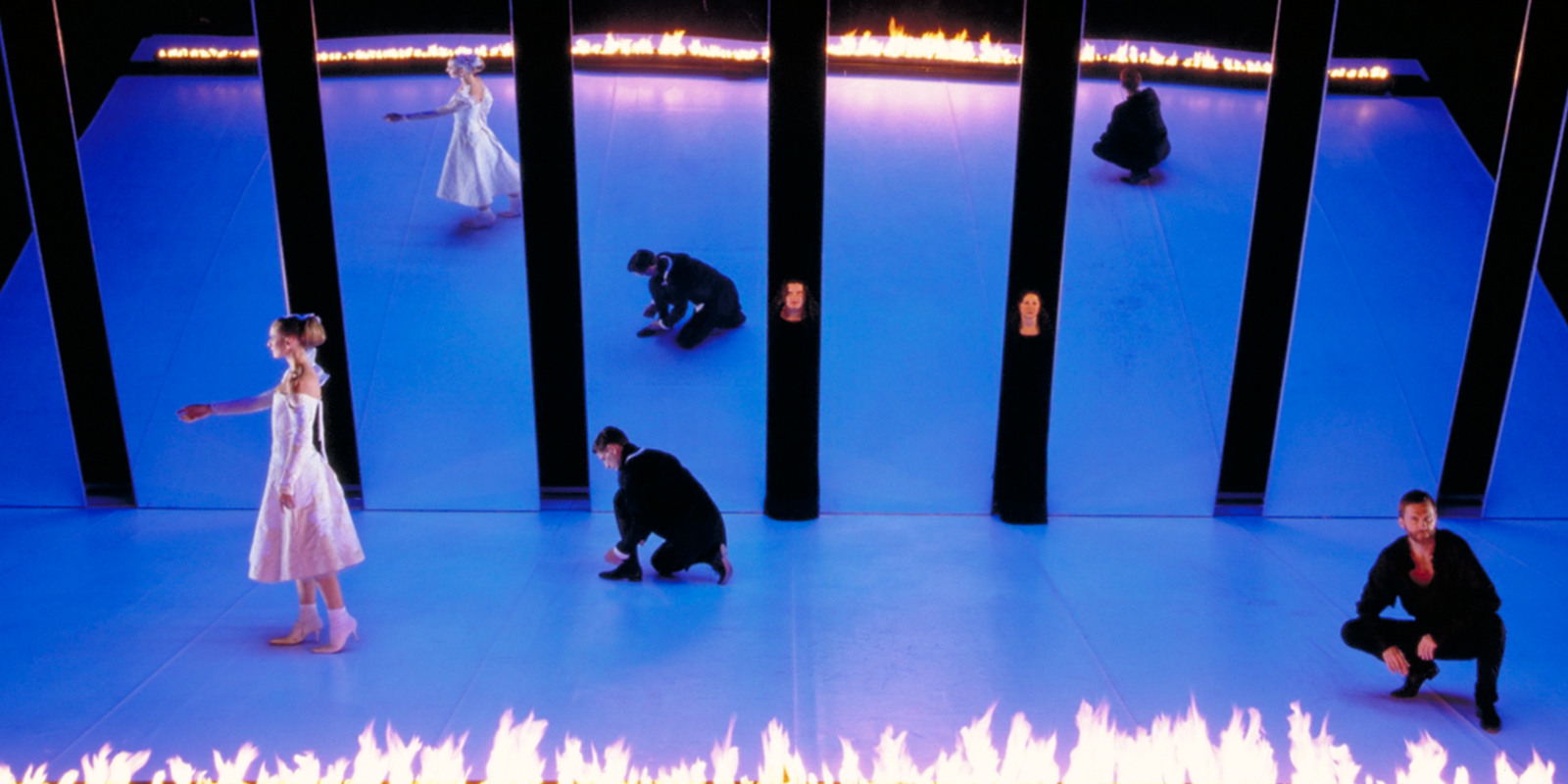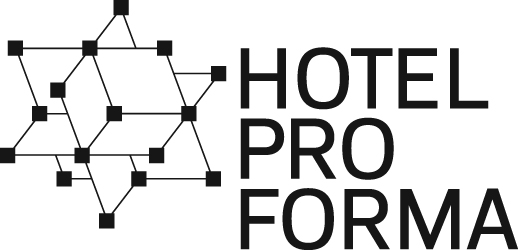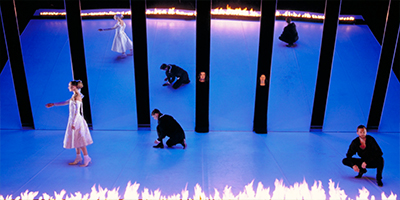
CALLING CLAVIGO
A Performance about ‘Bildung’
2002
Where does ‘Bildung’ (formation) come from?
Where is it going?
What is it to us?
These questions are explored when Hotel Pro Forma with its performance Calling Clavigo re-introduces the classic concept of Bildung to confront it with present day requirements. In a combination of speech, conversation and visual action the onlooker is introduced to the past history of Bildung – and its future.
Calling Clavigo has Goethe’s concept of Bildung and his play Clavigo from 1774 as its point of departure. The performance is divided into three, linking past and present, art and science, sensation and reason.
The Goethe specialist Professor Per Øhrgaard begins with a talk that introduces and updates Goethe’s views concerning Bildung. This talk forms the basis of a subsequent conversation between two topical cultural debaters. New conversation partners will be added each evening. Both known and unknown. Young and old. All, though, with their individual points of view. When the performance goes on tour the debaters are local personalities.
Optical figures in light and space bring the content of the talk into perspective, continuing where the conversation ends. Brief choreographic sequences make use of physical phenomena and two different light principles, creating fluid thought-images.
In the third and last part of the performance the theme is dramatized in a strong visual interpretation: mirrors in the foreground double the fire, song and senses, while reason and the devil stay in the background. Everyone finally dies – both those with and without Bildung.
Today, Bildung is not so much a question of acquiring certain forms of knowledge but of having certain tools that enable one to deal with ambivalence, contradictions and variety.
– Kirsten Drotner
Bildung in its most distilled form has to do with immersing oneself and reasoning.
– Jakob Lange
Naturally, it can give rise to discomfort and bad conscience when one is confronted with something one does not know. But one does not have to give in to one’s aversion – one could pull oneself together instead.
– Frederik Stjernfelt
Duration 120 min. with intermission











